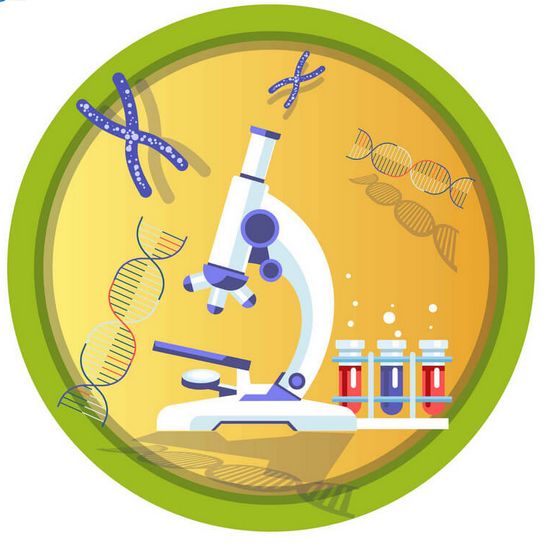قراءة لمدة 1 دقيقة Azithromycin

Azithromycin is an antibiotic which is used to treat a number of different bacterial infections in humans, such as strep throat, pneumonia, and bronchitis.
It was discovered in the late 1970s in Yugoslavia and is still one of the most popular antibiotics in the world.
Azithromycin kills bacteria by stopping it from making proteins.
History.
Azithromycin was discovered by a team of scientists working in the Research Institute of the pharmaceutical company Pliva in late 1970s Croatia.
Pliva and the drug company Pfizer agreed that azithromycin could be used worldwide.
Pliva sold azithromycin in Central and Eastern Europe under the name Sumamed, becoming one of the biggest pharmaceutical companies in those regions.
Pfizer patented the drug in 1981 and sold it under the name Zithromax, which brought the company great commercial success.
In Zithromax's best-selling year, Pfizer earned $2 billion from sales of the drug.
Use in medicine.
Azithromycin is usually prescribed in the form of tablets.
The drug targets the ribosome of the bacteria, where proteins are made.
This prevents mRNA from getting turned into proteins.
Because they can no longer make proteins, the bacteria die and the infection ends.
Effectiveness.
Azithromycin is particularly effective against certain bacteria, some of which cannot be killed with other antibiotics.
For example, a form of "Staphylococcus aureus" called MRSA is resistant to all penicillins (like amoxicillin) and all cephalosporin antibiotics (like Keflex), but it responds well to azithromycin.
Life-threatening infections.
Azithromycin is an effective treatment for several life-threatening bacterial infections of the lungs (called pneumonia); the blood (called sepsis); the heart valves (endocarditis); the bones (osteomyelitis); and/or the lining of the brain and spinal cord (meningitis).
It can also treat toxic shock syndrome and an aggressive flesh-eating bacterial infection called necrotizing fasciitis.
When these infections are caused by bacteria like "Staphylococcus aureus," "Streptococcus pneumoniae", "Streptococcus agalactiae, Haemophilus influenzae", and "Streptococcus pyogenes""," azithromycin can often kill the bacteria and end the infection.
Sexually transmitted infections.
Azithromycin works well to treat several sexually transmitted infections.
These include gonorrhea, which is caused by "Neisseria gonorrhoeae").
If untreated, it can cause blindness in newborns, infertility in both men and women, pelvic inflammatory disease, and ectopic pregnancy (where an embryo implants itself outside of the uterus).
Azithromycin can also treat chlamydia (caused by "Chlamydia trachomatis"), which can cause various infections of the urinary and genital systems.
Azithromycin is also an effective treatment for chancroid (caused by "Haemophilus ducreyi"), a common cause of genital ulcers in impoverished parts of Asia, Africa, and the Caribbean.
Chancroid (and other diseases that cause genital ulcers) raise a person's risk of getting infected with HIV.
Other infections.
Azithromycin works well to kill various other bacteria, including:
Use during COVID-19 pandemic.
Azithromycin was widely used during the COVID-19 pandemic to treat coronavirus patients.
However, research found that the drug is ineffective and even increases the chances of hospitalisation.
Side effects.
Common side effects when taking azithromycin include feeling sick, diarrhoea, vomiting, losing your appetite, headaches, feeling dizzy or tired, changes to your sense of taste.
Serious but rare side effects include liver damage, heart rhythm changes, and serious allergic reactions.













































